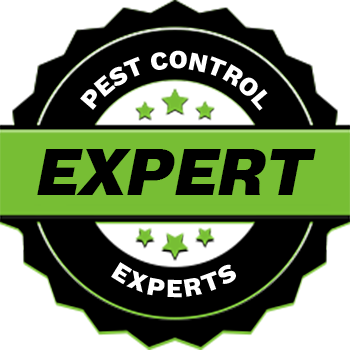
The cicada killer wasp (Sphecius speciosus) is a large, solitary species of wasp found primarily in North America. These wasps are known for their intimidating size, with females growing up to 1.5 inches long, making them one of the largest wasp species. They have a striking appearance with black and yellow markings and a reddish-brown body. Despite their intimidating look, cicada killer wasps are not generally aggressive towards humans unless provoked.
The life cycle of cicada killer wasps revolves around their prey: cicadas. Female wasps hunt cicadas, paralyze them with their sting, and then drag the cicada into an underground burrow. They lay their eggs on the paralyzed cicadas, which then serve as a food source for the developing larvae. While this is a fascinating natural process, having cicada killer wasps in your yard can be concerning due to their large size and the possibility of multiple nests.
Cicada killer wasps are generally not a direct threat to humans. They rarely sting unless they feel threatened, and males, although territorial, lack a stinger. However, their presence can still cause issues, particularly in residential areas. The sight of these large wasps flying around can be unnerving, especially for individuals who are allergic to wasp stings or have young children or pets.
In addition, cicada killer wasps dig extensive burrows in loose soil, which can be a problem for lawns, gardens, and landscaped areas. Their burrowing activity can cause unsightly mounds and potentially damage plant roots. While the burrows are typically not deep enough to cause structural damage, they can still undermine the appearance and health of your yard.
Although cicada killer wasps are not as aggressive as some other wasp species, it’s still important to handle them with caution. Attempting to remove them yourself can be risky, especially if you are unfamiliar with proper techniques for wasp control. Even a normally docile cicada killer can sting when provoked or handled improperly.
A licensed pest control professional will have the knowledge and experience to assess the situation and determine the best course of action. They can safely locate and remove wasp nests, minimizing the risk to you and your family. Additionally, professionals have access to specialized equipment and insecticides that are more effective and less hazardous than over-the-counter options.
Hiring a professional ensures that the removal process is thorough, reducing the chances of wasps returning in the future. They can also provide guidance on preventing future infestations by addressing any environmental factors, such as loose soil, that may attract the wasps.

Honoring exceptional customer service and dedication to satisfaction.

Recognized for sustainable and environmentally friendly practices.

Awarded for providing round-the-clock emergency services to customers.

Chosen by customers for exceptional pest control services.

Honoring top industry certifications and professionalism.
No recent posts available.